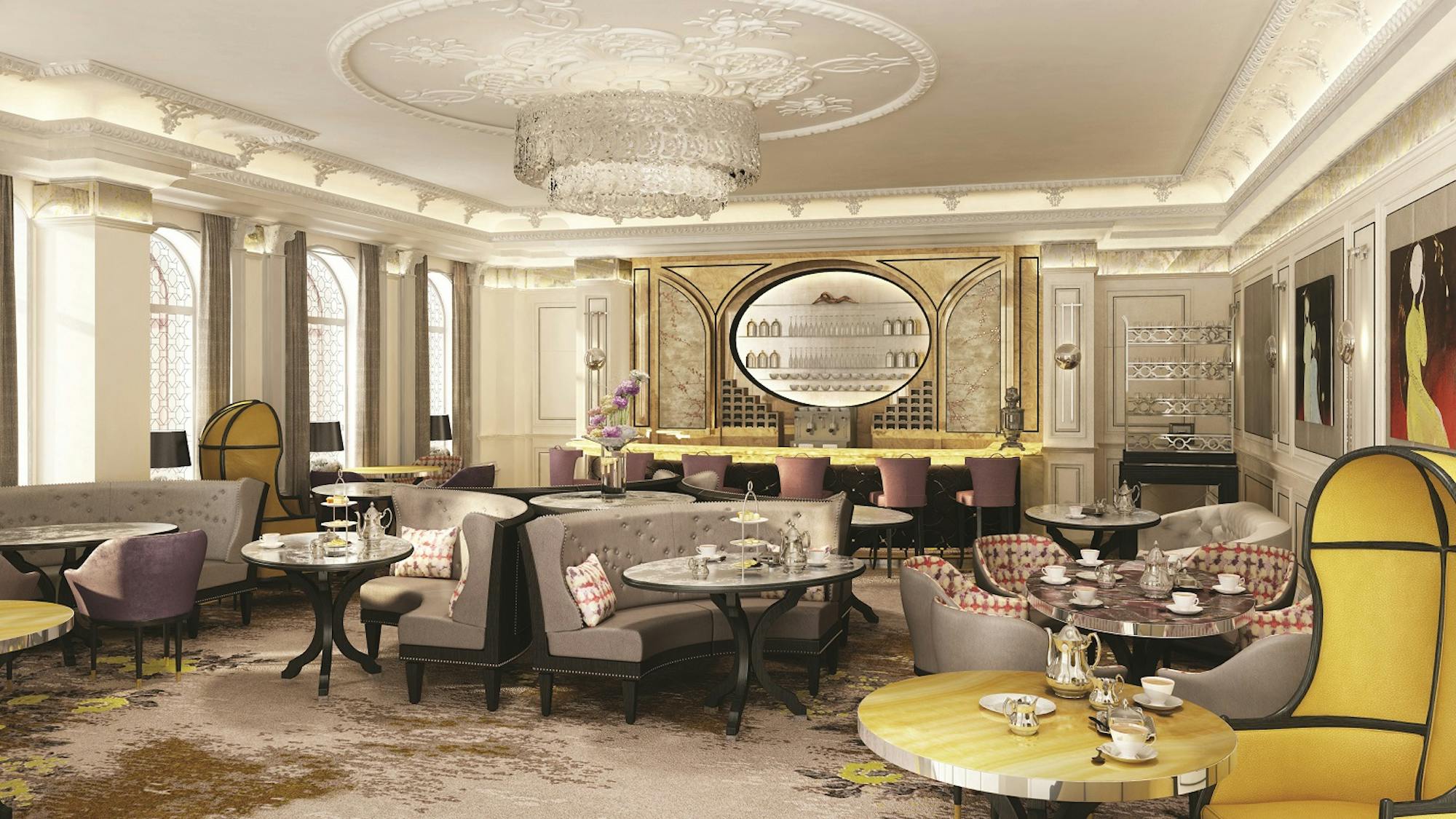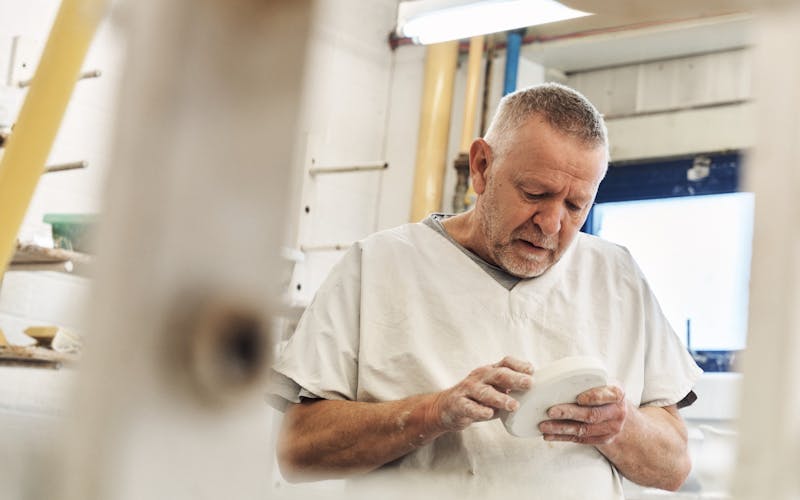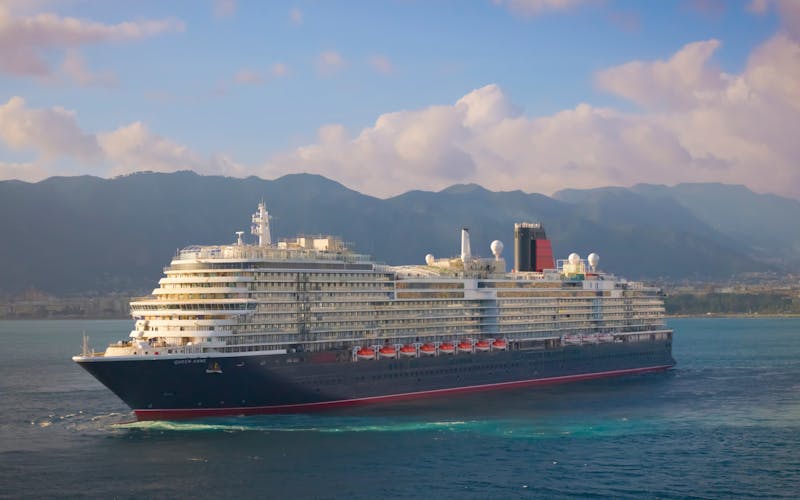
Just as visiting Tiffany’s was Holly Golightly’s answer to dealing with what she called the mean reds (so much worse, she said, than the mean blues), so there’s nothing like a grand hotel for lifting the spirits. One has only to go through the swing doors of London’s Claridge’s to feel that nothing very bad could happen here. The black and white tiles, the Art Deco interiors, the sweeping staircase, the cool flowers, the unmistakable hum of a buzzy restaurant all contrive to give it an air of incontrovertible glamour. And Claridge’s is not alone. Most of the world’s capital cities have at least one fabled hotel to boast about, one that is rooted in the history of the city, like the Plaza Hotel New York where Eloise ran riot, the Hotel Ritz in Paris where César Ritz could be said to have defined the genre, Stockholm’s Grand where all the Nobel laureates stay, Copenhagen’s Hotel D’Angleterre, the Gritti Palace in Venice… all these have about them a glamour that is compounded of many things.
Partly it is their history. All have stories to tell, stories that are intimately linked to the city they’re in. All have a profound sense of place so that a stranger arriving from afar would be in no doubt as to which city he had arrived in. Nobody could mistake the Gritti with its sublime views of Santa Maria della Salute, its Venetian antiques and its frescoes for, say, Stockholm’s Grand Hotel, all Gustavian splendour, or for London’s Claridge’s with its own particularly English take on glamour. At The Taj Mahal Palace hotel in Mumbai you could never for one minute think you were anywhere other than the beating heart of India. The Hotel du Cap-Eden-Roc close to Nice oozes a summer-in-the South-of France chic, one that resonates clearly even to those who have never read Tender is the Night.
What these hotels share is that they are rooted in the culture and history of their surroundings."
They all have a touch of the theatre. Not for them the dull universality of bland global good taste. Each is utterly, gloriously individual. It was this ability to tap into a romantic notion of the country each hotel is in, their profound connection to the indigenous geography and culture that made Adrian Zecha’s hotels so justly admired and copied. He clearly understood that to make a great hotel takes more than fantastic service, lovely food, comfortable beds, superb showers, beautifully chosen amenities and charming staff – today all those are a given – to create the sort of hotel that people fall in love with, takes something more. It takes a sense of theatre and of drama. A hotel, after all, is not a home, it doesn’t have to cater for us in our more humdrum quotidian lives. It should make life seem more exciting, more thrilling, more dramatic than anything we have at home.
We want our eye to be ravished, our souls to be touched."
Which is why today design is ever more important. It’s why interior designers are being paid small fortunes to sprinkle their magic over what might otherwise be bland and boring spaces. It’s one of the reasons that in Southeast Asia Bill Bensley has become so famous – in each and every hotel he’s ever had anything to do with he conjures up something fantastical, something so far removed from the average offering that guests are quite literally left lost for words. He brings truckloads of antiques that he’s collected from around the world and uses them to build a narrative, to create something quite unlike anything else at all. Bensley believes, like Zecha, like our own Kit Kemp, that hotels should tell a story. For his latest tented camp, deep in the Cambodian forests, he has imagined the sort of place that King Sihanouk and Jackie Kennedy might have loved – glamorous in a 1960s way, with old-fashioned service, huge tents with verandas and great luxury.
This is what our best hotels have understood. Go into The Connaught and you sense immediately that you will be wrapped in a very English kind of comfort. Nothing to frighten the horses, there is a respect for tradition, for a certain level of formality and it’s what brings its loyal punters back and back. At Belmond’s Cadogan they are building on the self-same sense of Englishness but basing it round the notion of the writers and artists that Chelsea, where it’s based, is so famous for. At Cliveden, one of our great country house hotels, there is the backstory of aristocratic romps and fun-filled weekend house parties all of which give it a certain allure that today is backed up with excellent service and with a rigorously English sense of what country house chic is all about. At Chewton Glen, another famous country house hotel, down in Hampshire, the aura of English rural style is expansively deployed, making it a special and unique hotel to stay in.
But it is interesting to note that notions of what grand hotels should offer have evolved during the 21st century to meet millennials’ wider concern with ethical and social matters. Millennials mind about their food. They want it organic, grown as close to the kitchen as possible. They want to know that it hasn’t travelled thousands of air miles and that it is in season. Furthermore, they feel a hotel should do more than simply attend to the needs of pampered guests. They want to know that the staff are properly treated, that the local culture is respected and honoured, that the indigenous people are being trained, educated and employed. They want to feel that the hotels where they stay are concerned about preserving the environment around them. They want their soaps and lotions made from pure ingredients, they don’t need their linen or towels changed every day (protect the planet, save water and energy is their motto) – it is a new kind of luxury they are looking for, one that doesn’t destroy, that doesn’t require acres of trees to be chopped down for their delectation, what Bill Bensley calls “minimal intervention”. Grand hotels have a big role to play but as notions of luxury change so too must they evolve.
Not only can they give their lucky punters experiences to remember, they can change the lives of those around them."





